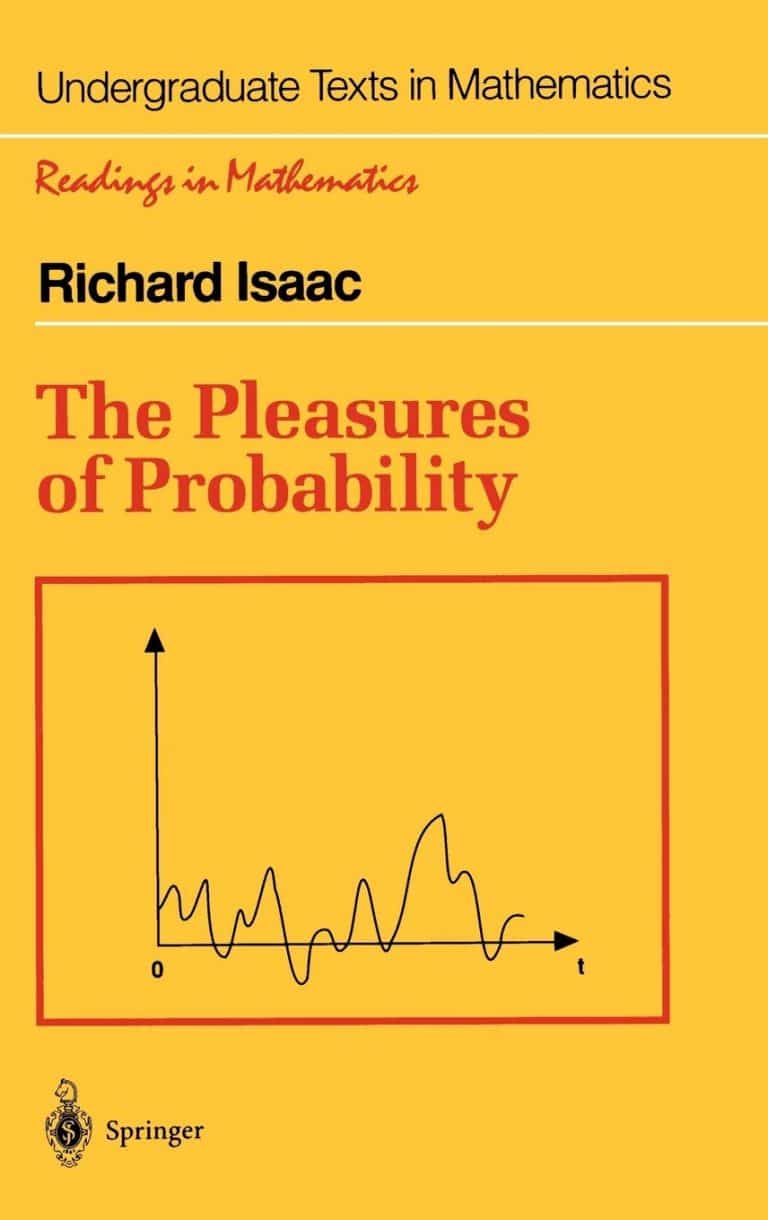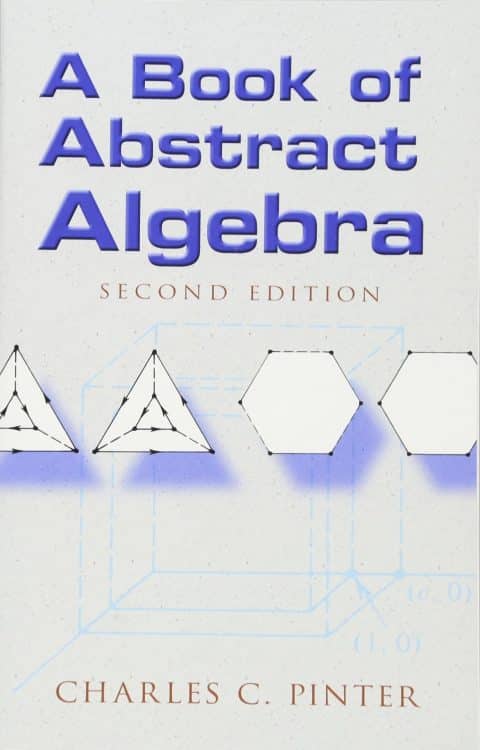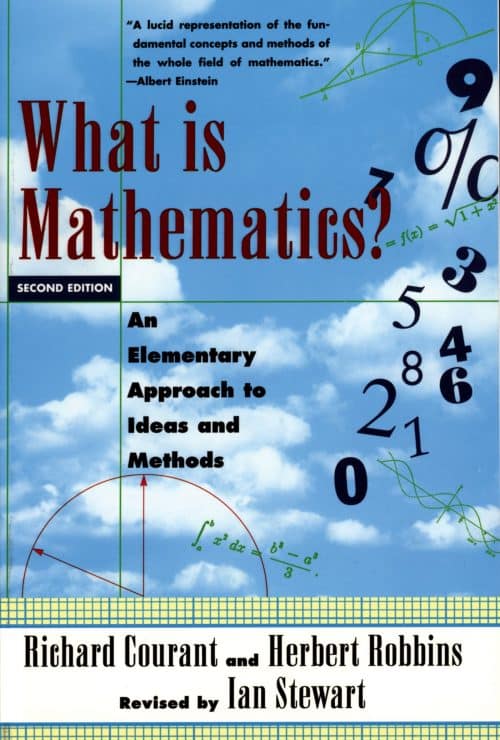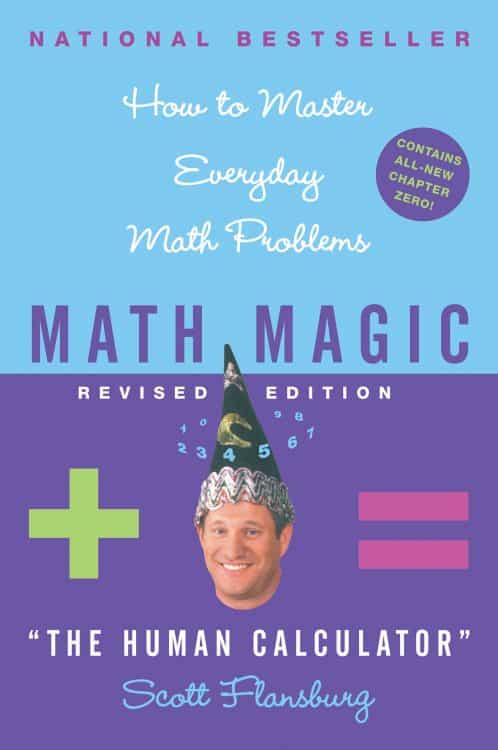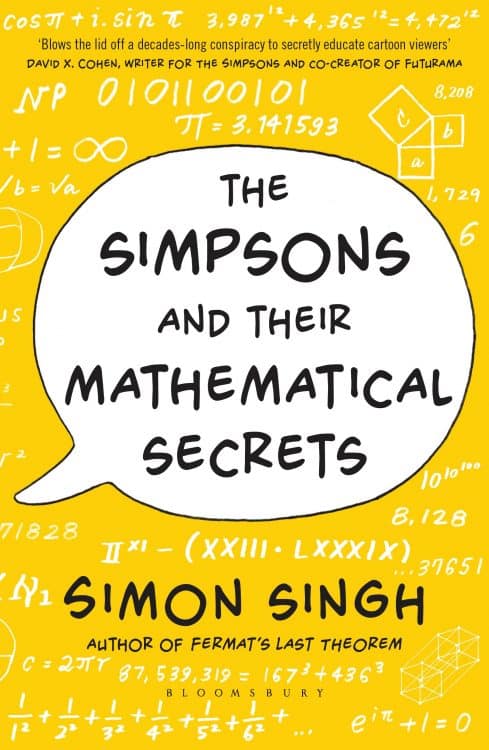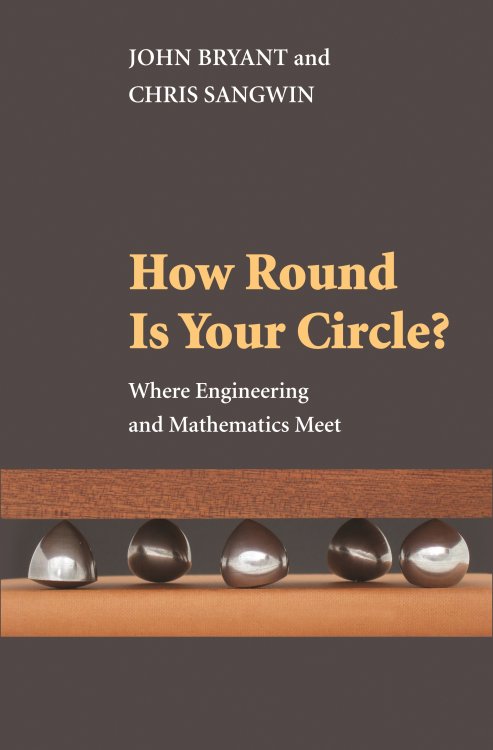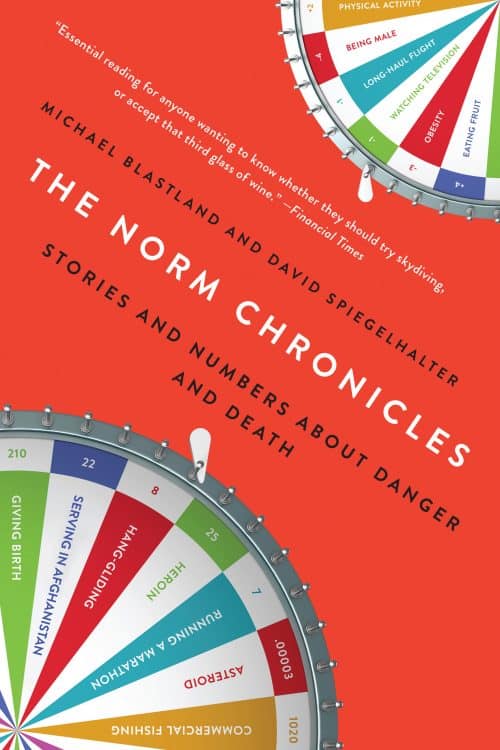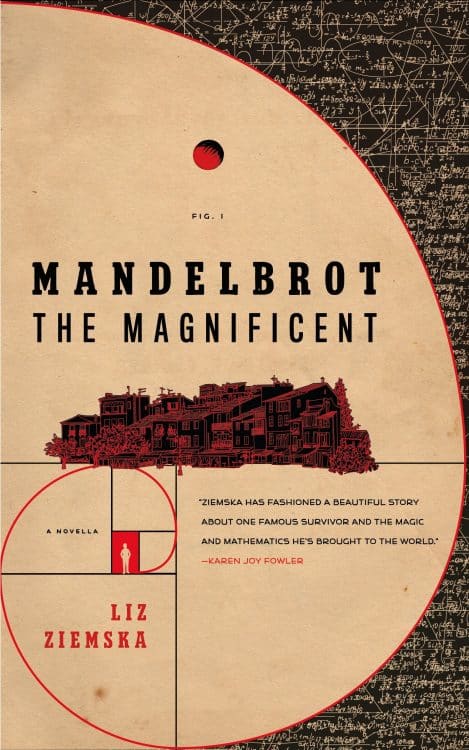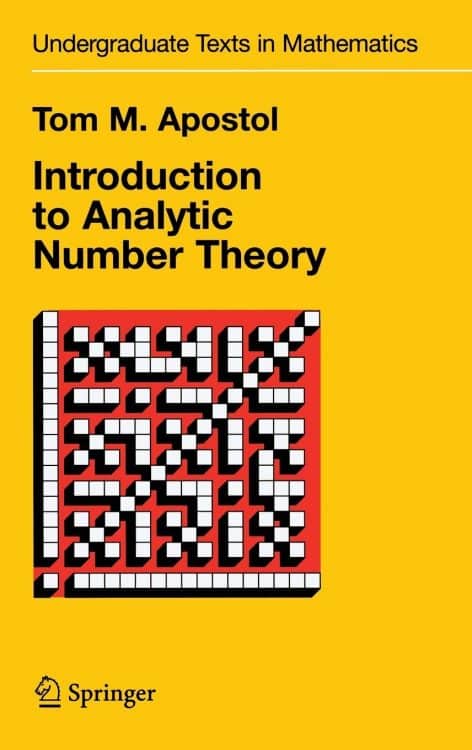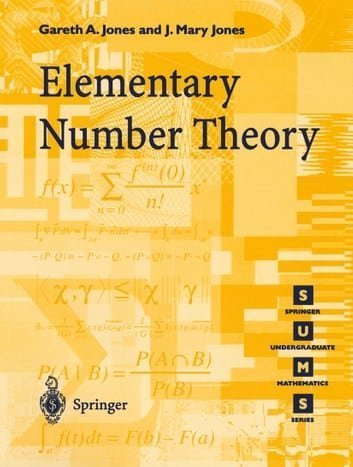The concepts of probability can be found everywhere we look. Lotteries, casino gambling, and the almost nonstop polling that seems to affect public policy more and more are just a few of the arenas in which the rules of probability intrude on the lives and fortunes of the general people directly. At a more removed level, there is modern science, which builds mathematical representations of the real world using probability and its offshoots, such as statistics and the theory of random processes. Twentieth-century physics, which adopted quantum mechanics, has a fundamentally probabilistic worldview. This contrasts the deterministic world view of classical physics, which was prevalent in the previous century.
In addition to all of this robust evidence demonstrating the significance of the concepts of probability, it should also be mentioned that probability can be a great deal of fun. It is a field in which one needs very little prior mathematical training to begin pondering humorous, intriguing, and frequently challenging topics. This is because it is a field in which one studies. In this book, I wanted to introduce a reader who had at least a decent mathematical background in elementary algebra to the world of probability, to the way of thinking that is typical of probability, and to the types of problems to which probability can be applied. In other words, I wanted to do all of this in a way that was accessible to someone with a background in elementary algebra. To encourage the discussion of concepts, I have utilized examples from a wide variety of different domains.

